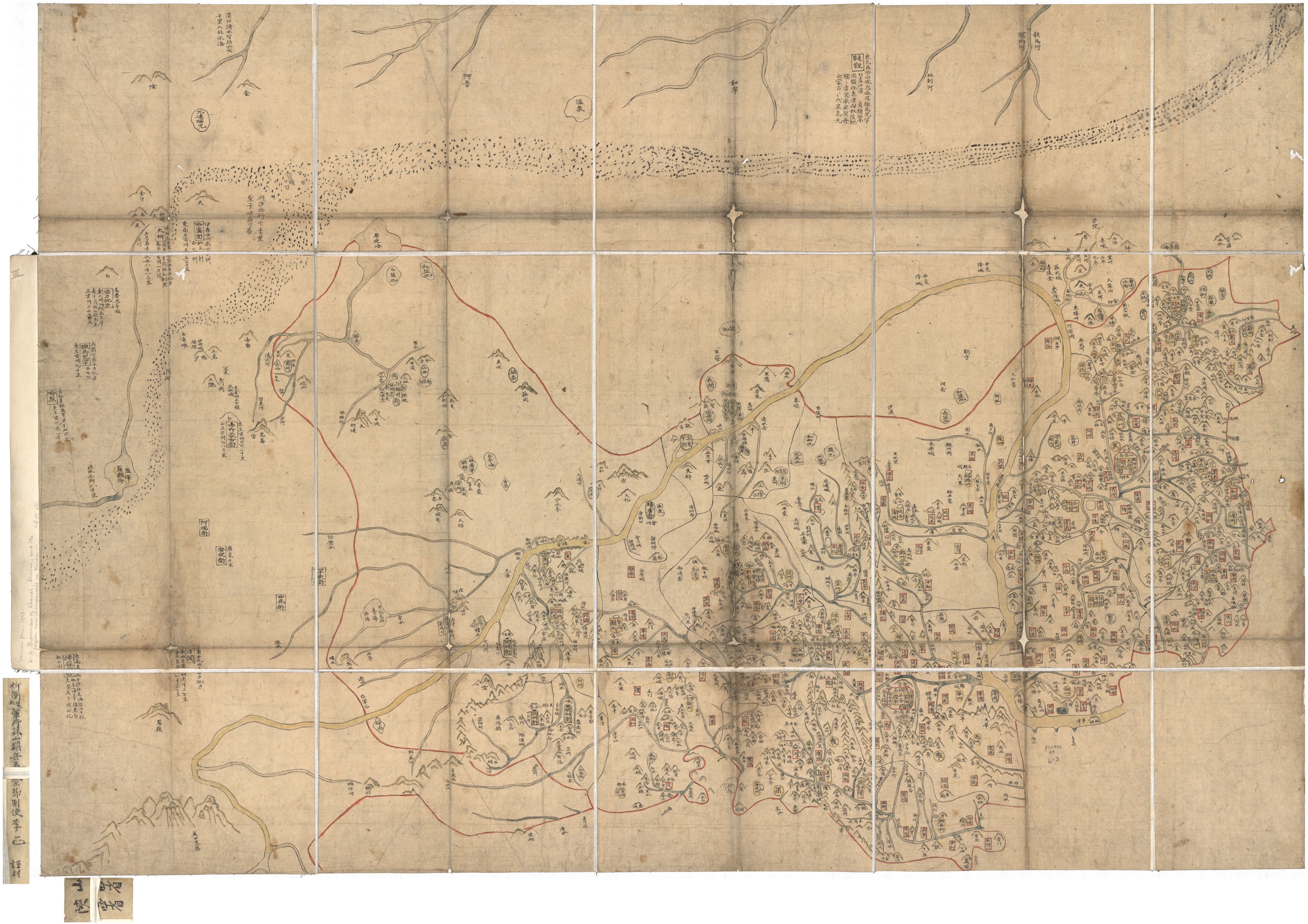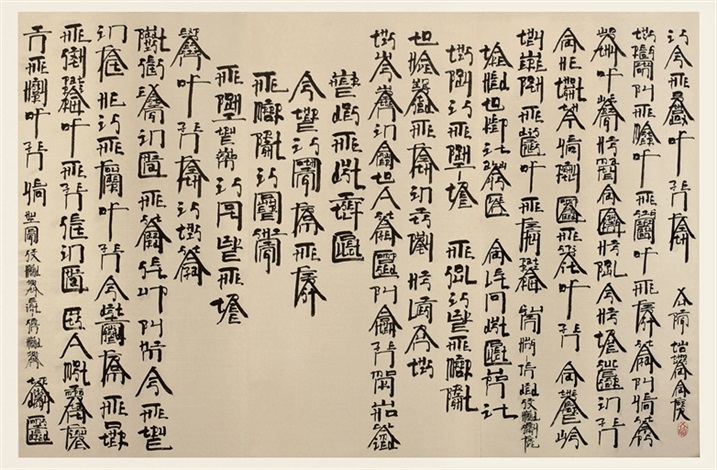- Instructor of record: Xiuyuan Mi

This course will examine China's relations with its neighboring regimes and China’s borderlands during the tenth to eighteenth centuries, a period during which Chinese empires gave a new shape to Chinese civilization while facing long-term challenges from Inner Asia. We will survey the most cutting edge scholarship on different borderland spaces with a focus on both exchanges and conflicts between different cultures and peoples that shaped the history of Chinese civilization and Chinese borderlands, and their enduring influence to this day. Tibet, Mongol, and Xinjiang will be examined; and topics such as environment, gender, ethnicity, and economics will be covered.
The survey will focus on five main themes: 1) the repositioning of China in the new East Asian orders; 2) the Chinese empires’ rules over borderlands; 3) the ways in which borderland experiences shaped the Chinese empires; 4) the ways in which neighboring regimes and borderland residents took advantage of the Chinese empires’ border rules; 5) the development of borderland landscapes. Major historical developments include: the new East Asian order during the Song Dynasty (960-1276), a world empire during the Yuan Dynasty (1271-1368), the beginning of the reinforcement of border control during the Ming Dynasty (1368-1644), and alien rulership during the Qing Dynasty (1644-1911).
This course will consist of synchronous lectures and seminars. In the remote lectures, we will cover the dramatic story of transformation on China’s borderlands. In the in-person seminars, we will survey various issues and approaches in the history of Chinese borderlands. Students unable to attend synchronous lectures and discussions can asynchronously view course recording and attend online discussion forums. Requirements are structured to offer practical training in analyzing sources, discussing original research, writing reviews, making presentations and developing individual ideas in a short paper. Students must turn in all written assignments in order to pass this class. All materials are in English. There are no prerequisites.
The survey will focus on five main themes: 1) the repositioning of China in the new East Asian orders; 2) the Chinese empires’ rules over borderlands; 3) the ways in which borderland experiences shaped the Chinese empires; 4) the ways in which neighboring regimes and borderland residents took advantage of the Chinese empires’ border rules; 5) the development of borderland landscapes. Major historical developments include: the new East Asian order during the Song Dynasty (960-1276), a world empire during the Yuan Dynasty (1271-1368), the beginning of the reinforcement of border control during the Ming Dynasty (1368-1644), and alien rulership during the Qing Dynasty (1644-1911).
This course will consist of synchronous lectures and seminars. In the remote lectures, we will cover the dramatic story of transformation on China’s borderlands. In the in-person seminars, we will survey various issues and approaches in the history of Chinese borderlands. Students unable to attend synchronous lectures and discussions can asynchronously view course recording and attend online discussion forums. Requirements are structured to offer practical training in analyzing sources, discussing original research, writing reviews, making presentations and developing individual ideas in a short paper. Students must turn in all written assignments in order to pass this class. All materials are in English. There are no prerequisites.
- Instructor of record: Yonglin Jiang
- Instructor of record: Yuan Jiang
- Instructor of record: Ting-chih Wu

- Instructor of record: Anna-Alexandra Fodde-Reguer
- Instructor of record: Hank Glassman
- Instructor of record: Shiamin Kwa
- Instructor of record: Arleen Zimmerle
- Instructor of record: Shiamin Kwa
